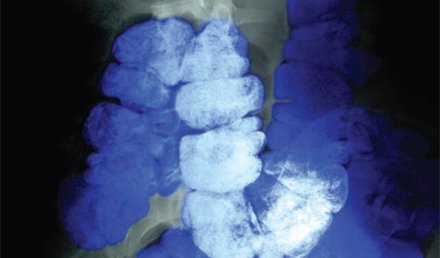

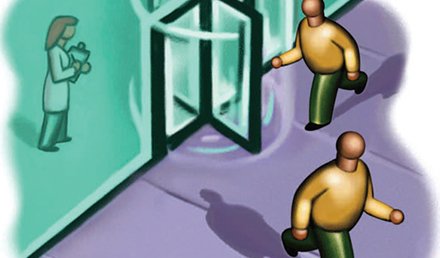
The Case of a 37-Year-Old Female with Flu-like Symptoms
In primary care medicine, patients’ symptoms are approached from the “front door;” what are the most likely causes? Urgent care medicine often starts with a “back door” approach; think “worst first,” then proceed backward through the differential after excluding life threatening causes. Urgent care does not have the luxury of an established patient relationship or defined return visit we often have only one chance to get it right! The differential for an urgent care patient …
Read More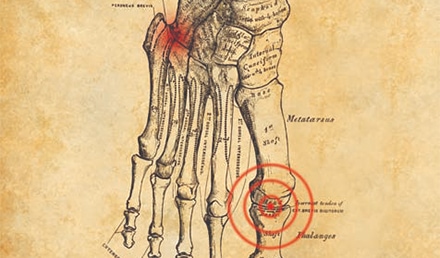
December 2008
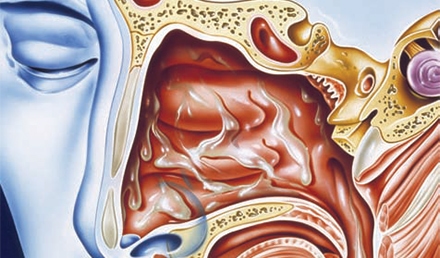
October 2008

The Case of a 37-Year-Old Man with Headaches
It is common knowledge that each patient needs to have a symptomspecific evaluation with each visit, but it is easy to be misled by “frequent fliers” who have presented many times with the same complaint. Take this month’s case, for example: a 37-year-old man with a headache who had four emergency department and two primary care visits before finally receiving the correct diagnosis. Accuracy and vigilance must be the goal of each patient encounter, no …
Read More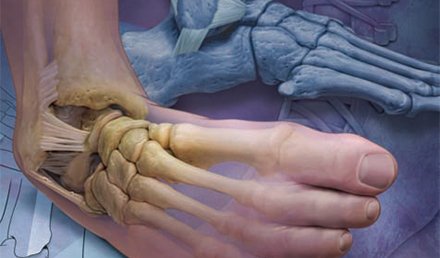
July/August 2008

The Case of a 24-Year-Old Man with Abdominal Pain
Our goal with the Bouncebacks series is to maximize patient safety and minimize the urgent care provider’s medico-legal exposure. As Greg Henry wrote in the forward of our Bouncebacks! book, “The smart doctor is not the one who learns from his own mistakes. The smart doctor is the one who learns from the mistakes of others.” Our case this month involves a young man with vomiting and diarrhea and abdominal pain. This typical urgent care …
Read More
May 2008

The Case of a 71-Year-Old Man with Back Pain
Though it is easy to predict the usual etiology of common complaints, we need to be able to exclude life-threatening causes of symptoms. In law, we are innocent until proven guilty. In medicine, we are required to prove certain diseases are not occurring; we are, in a sense, guilty until proven innocent: A 50-year-old man with chest pain and diaphoresis has an MI until proven otherwise. A 22-year-old woman with lower abdominal pain has an …
Read More
